Islands off the coast of southern Chile, to the Spanish and German settlers of the 19th century, represented the edge of the world. To the Huilliche, the people who’ve lived there for centuries, the land and its isolation are only the beginning.
In this colonial outpost, though, the newcomers rule. When sheep fall dead in a hacienda meadow, the master of the farm lashes out at one of his indigenous shepherds, setting vicious dogs upon him. The murdered-man’s daughter tries to put a homemade cross on her father’s grave, her employer plucks it out. “He wasn’t a Christian,” says the farmer’s wife. “But I am,” replies 13-year-old Rosa (Valentina Veliz Caileo).
But for Rosa, this unpunished atrocity marks the end of childish religious devotion to the Catholic Church and the start of a quest for vengeance. She pleads with a government magistrate (Daniel Munoz), who defers to the wealthy farmer. “How to put this,” he says, “Fathers die and I can’t resurrect anyone.” Rebuffed by the parish priest, Rosa seeks shelter with a gruff fisherman, Mateo (Daniel Antivilo), in whom she finds a reluctant ally, and a connection to the old religion of her island. Rosa’s renewed faith, whether it’s witchcraft, folk magic, or dawning political awareness, proves unstoppable. Chilhoe’s overlords strike back, accusing local men of sorcery.
Director Christopher Murray, who co-wrote Sorcery with Pablo Paredes, takes his time, allowing the rough, rainy Chilhoe landscape – and the quiet defiance of the Huilliche – to speak for themselves. Though Sorcery’s trailer suggests that it’s a colonial folk horror shocker like The Witch, the heroine’s coming of age resembles, at least in spirit, that of the vengeance-seeking heroine in Jennifer Kent’s The Nightingale, set in Tasmania. Sorcery, though, sticks to a deliberate, even slack pace. Its real power, though, is Veliz Caileo’s quietly forceful performance. When the film’s shapeshifting mystery get murky, this young performer remains compelling.

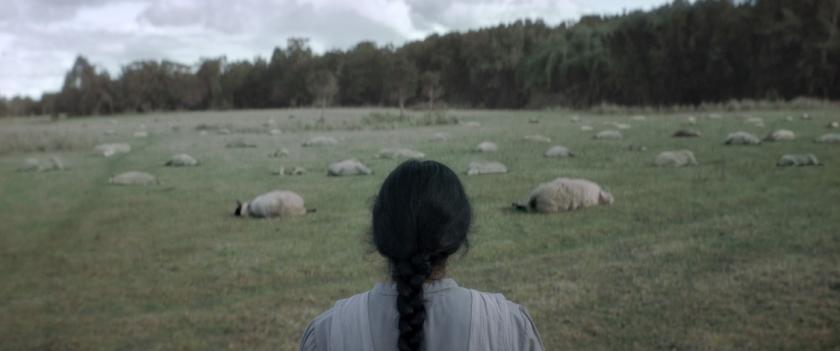


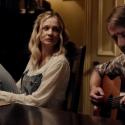
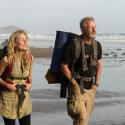
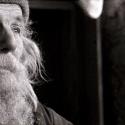
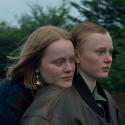

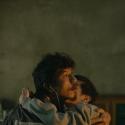
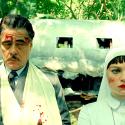

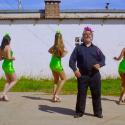

Comments
Add comment